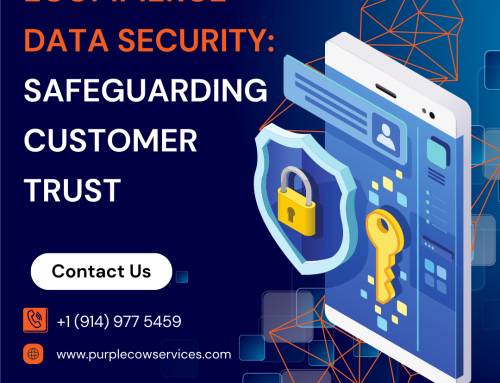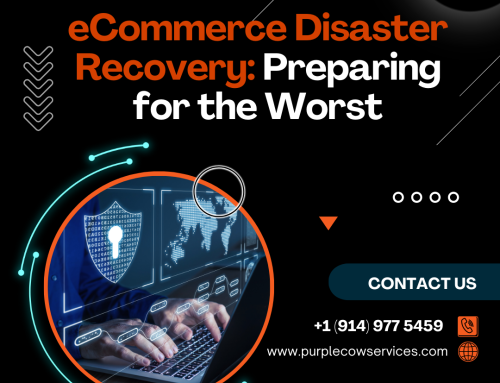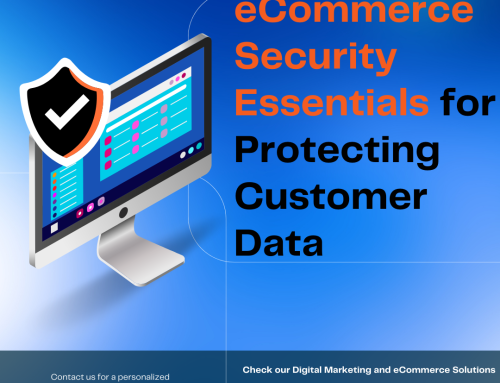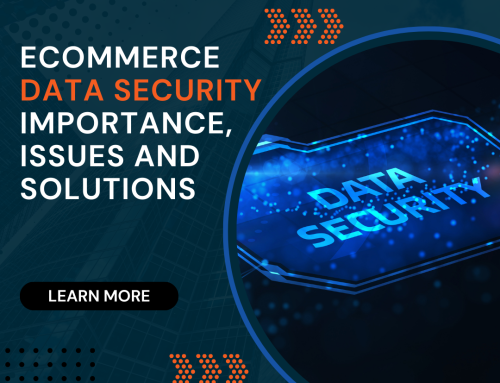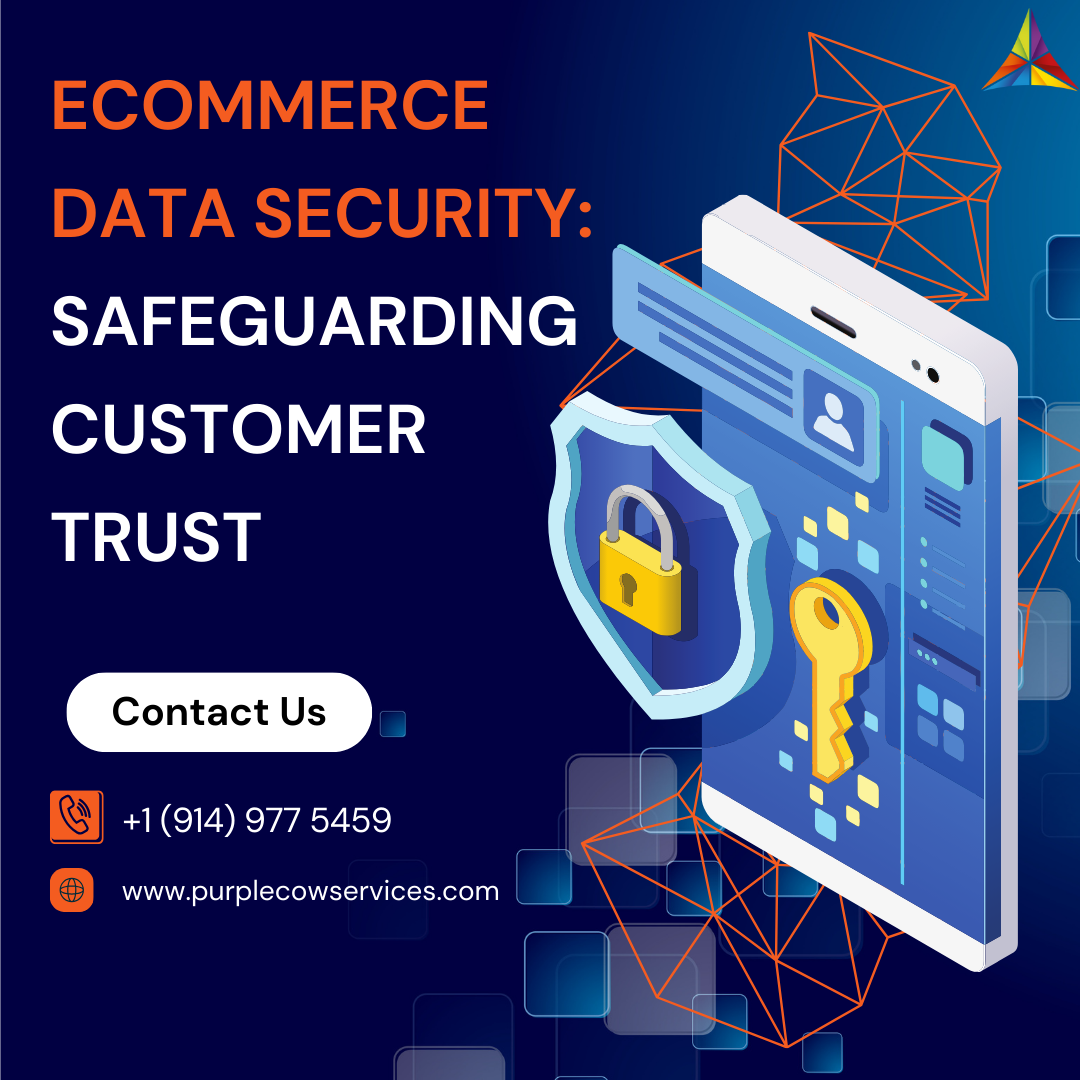In the fast-paced world of eCommerce, online stores face an ever-growing number of security threats. Cybercriminals are constantly on the prowl, seeking vulnerabilities to exploit and steal sensitive customer data or disrupt business operations.
Share This Story, Choose Your Platform!
As an eCommerce agency, ensuring the security of your clients’ online stores is paramount. In this blog, we’ll explore the key essentials of store monitoring and security, helping you safeguard your clients’ businesses and build trust with their customers.
-
The Growing Importance of eCommerce Security
With the rise of online shopping, more consumers are entrusting their personal and financial information to eCommerce platforms. Consequently, the importance of robust security measures cannot be overstated. A single security breach can not only lead to significant financial losses but also damage a brand’s reputation irreparably.
-
Identifying Vulnerabilities: Conducting Security Audits
Before implementing security measures, it’s essential to identify potential vulnerabilities within an eCommerce store. Conducting regular security audits is a fundamental step in this process. Use advanced tools and methodologies to scan the website for weaknesses in the code, outdated software, or misconfigurations.
-
Implementing SSL Certificates
Secure Socket Layer (SSL) certificates encrypt data transmitted between a user’s browser and the eCommerce website’s server. It ensures that sensitive information, such as credit card details and login credentials, remains protected from interception by malicious actors. Encourage your clients to invest in reputable SSL certificates to enhance customer trust and protect data integrity.
-
Two-Factor Authentication (2FA)
One of the most effective ways to prevent unauthorized access to customer accounts is through two-factor authentication. By requiring users to enter a one-time verification code, which is sent to their registered mobile device or email, after entering their password, you add an extra layer of security against potential hacking attempts.
-
Regular Software Updates
Outdated software is a common entry point for cyberattacks. Encourage your clients to keep their eCommerce platforms, plugins, and themes up to date. Regularly updating software patches security vulnerabilities, improving the overall security posture of the online store.
-
Secure Payment Gateways
Integrating secure payment gateways is crucial for protecting financial transactions. Ensure your clients use reputable payment processors that comply with industry standards like PCI-DSS (Payment Card Industry Data Security Standard) to safeguard customer payment information.
-
DDoS Protection
Distributed Denial of Service (DDoS) attacks can cripple an eCommerce store, leading to lost revenue and customer trust. Implementing robust DDoS protection measures, such as cloud-based firewalls and traffic filtering, can mitigate the impact of such attacks and ensure continuous website availability.
-
Regular Backup and Recovery
Disasters can strike unexpectedly, from data breaches to hardware failures. To minimize data loss and ensure business continuity, set up regular automated backups of the entire eCommerce store. Storing backups in secure offsite locations protects data from potential ransomware attacks or physical damage to the server.
-
Monitoring for Suspicious Activity
Real-time monitoring is crucial for identifying and responding to security incidents promptly. Implement intrusion detection systems (IDS) and intrusion prevention systems (IPS) to track and block suspicious activities, such as multiple failed login attempts or unusual traffic patterns.
-
Employee Training and Awareness
Human error is a significant factor in cybersecurity incidents. Conduct regular training sessions for your clients’ employees to educate them about the latest security threats and best practices. Empower them to recognize phishing attempts and practice safe browsing habits.
Conclusion
As an eCommerce agency, you play a vital role in safeguarding the online businesses of your clients. By prioritizing store monitoring and security essentials, you can build trust with customers, protect sensitive data, and ensure the long-term success of your clients’ ventures. Remember, security is an ongoing process that requires continuous vigilance and adaptation to stay ahead of evolving cyber threats. Embrace these security measures, and your clients will thank you for keeping their eCommerce stores safe and secure.
Protect your eCommerce store and customer data with our advanced security solutions. Stay one step ahead of cyber threats with SSL certificates, two-factor authentication, and real-time monitoring. Safeguard your brand’s reputation and build trust with your customers. Secure your success today with Purple Cow’s Store Monitoring & Security and solutions!
Share This Story, Choose Your Platform!
In This Blog:



